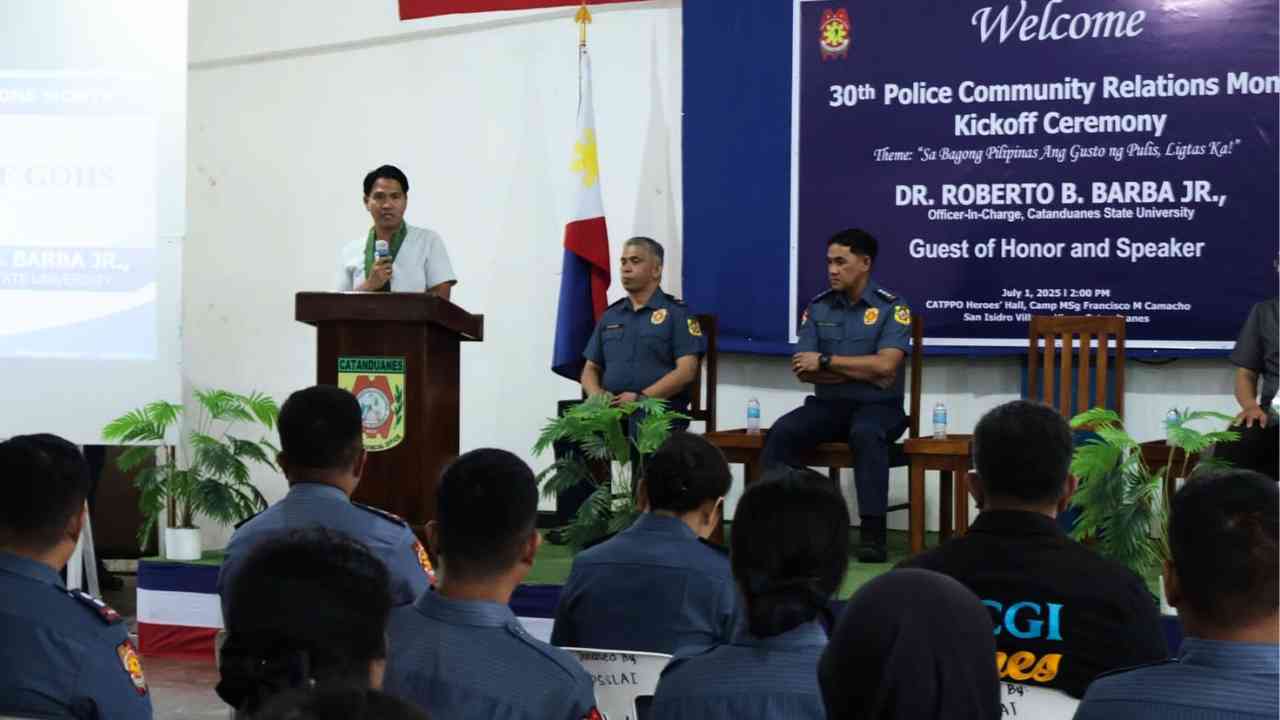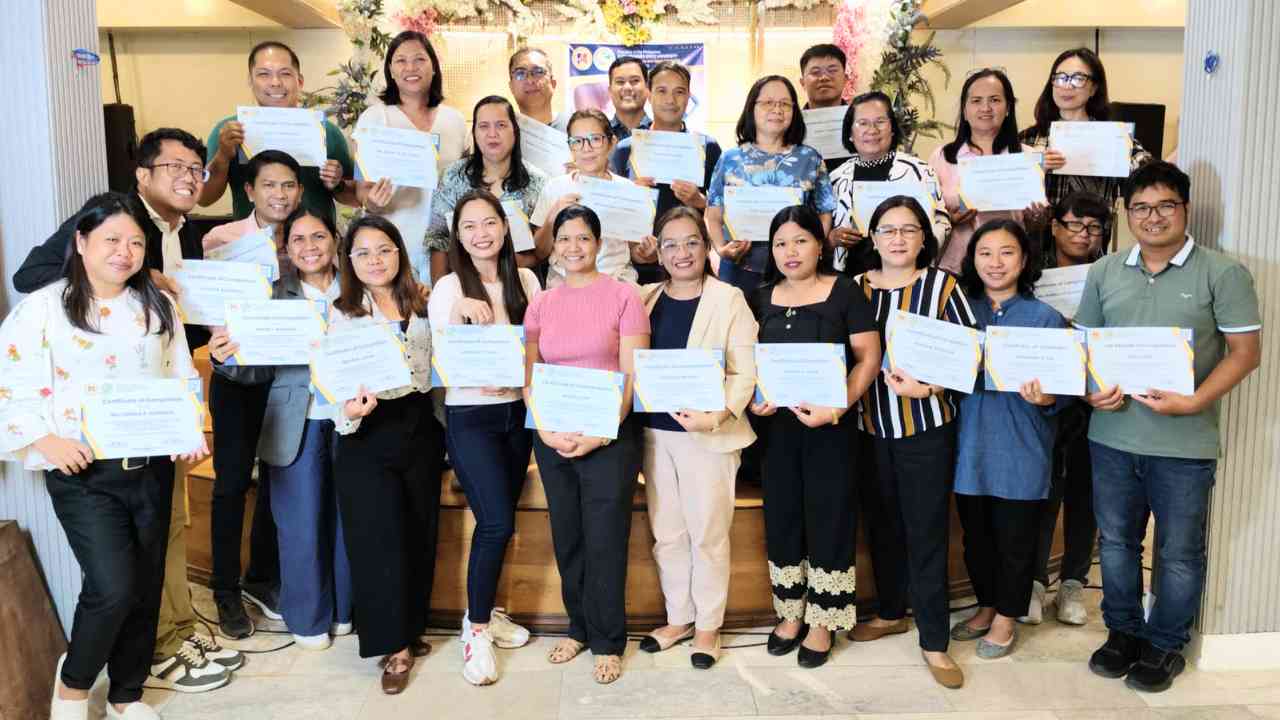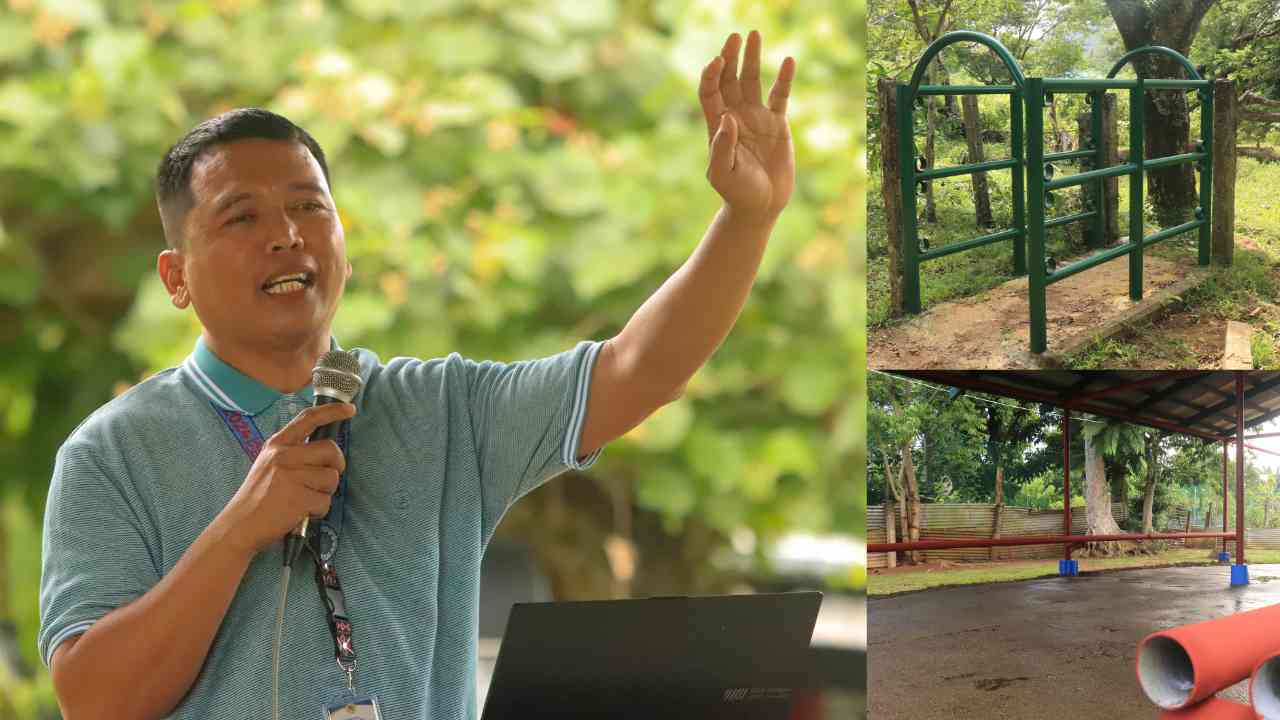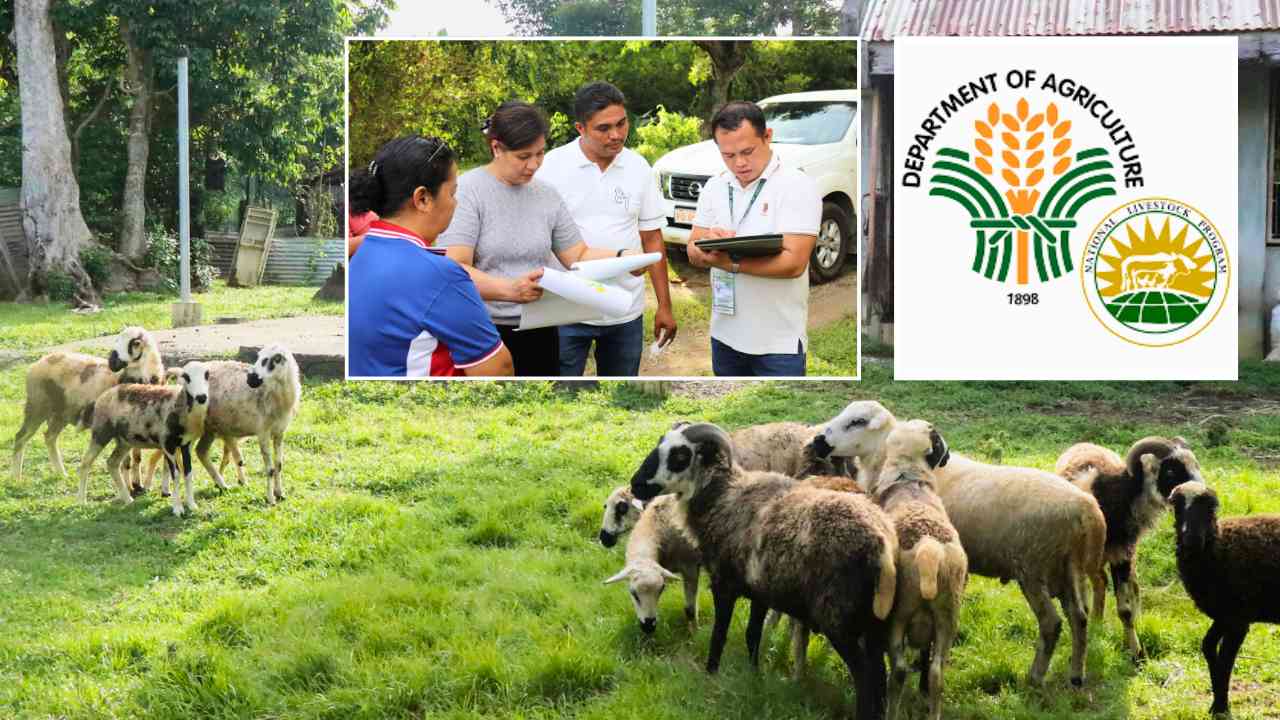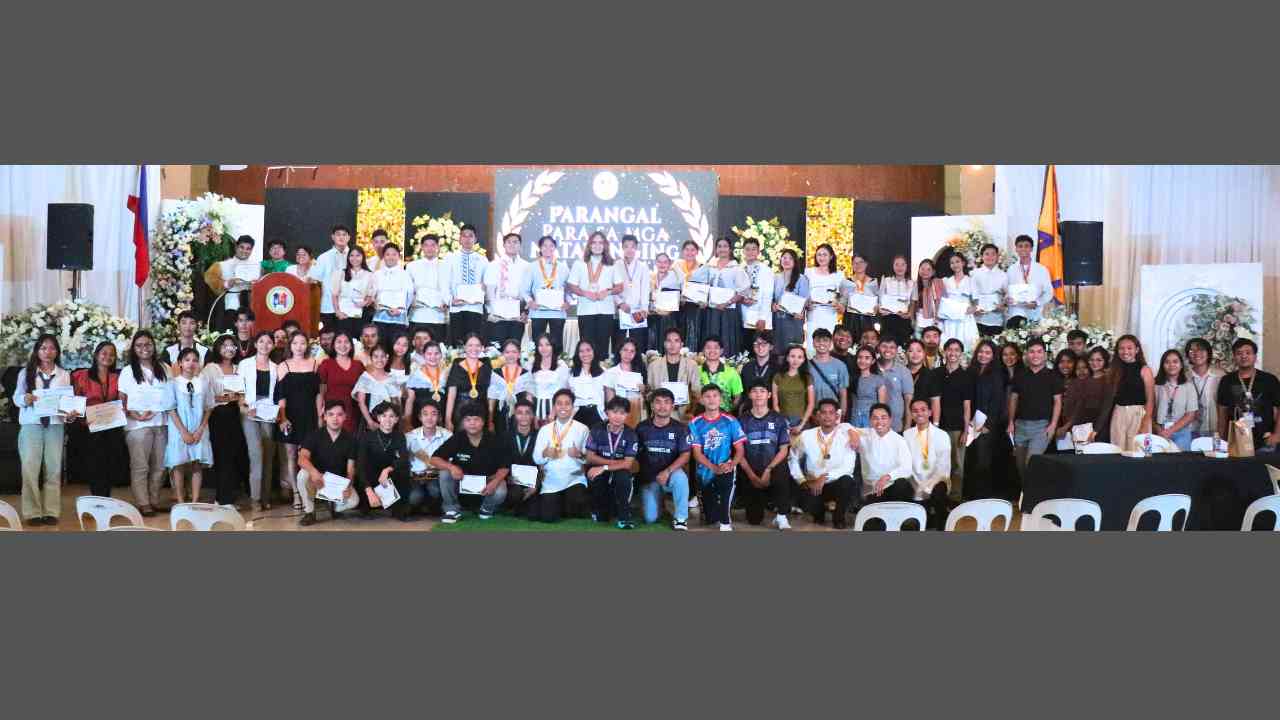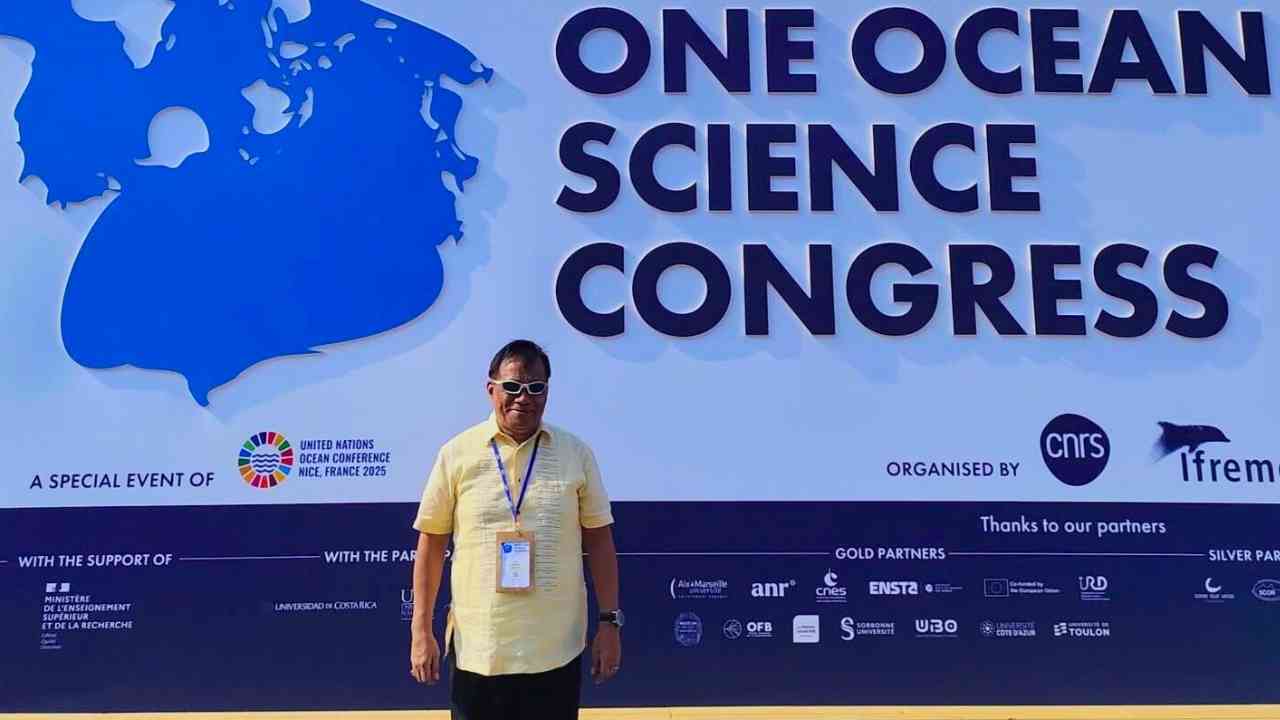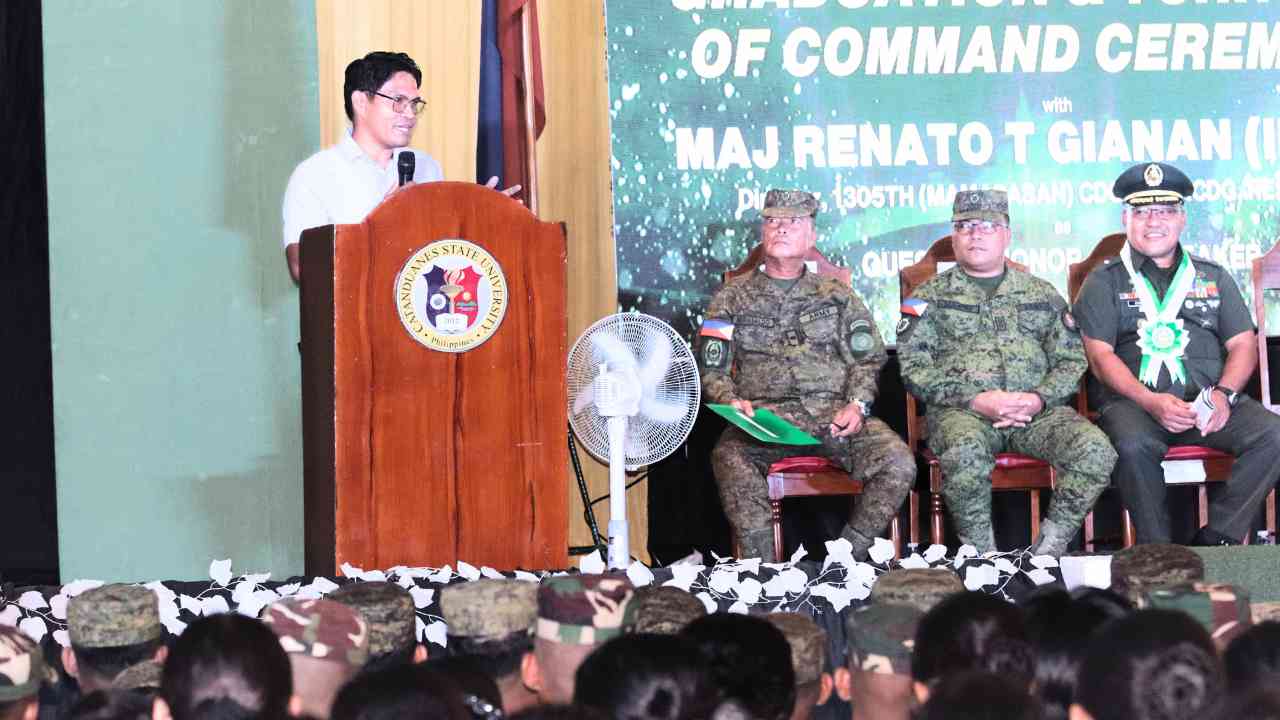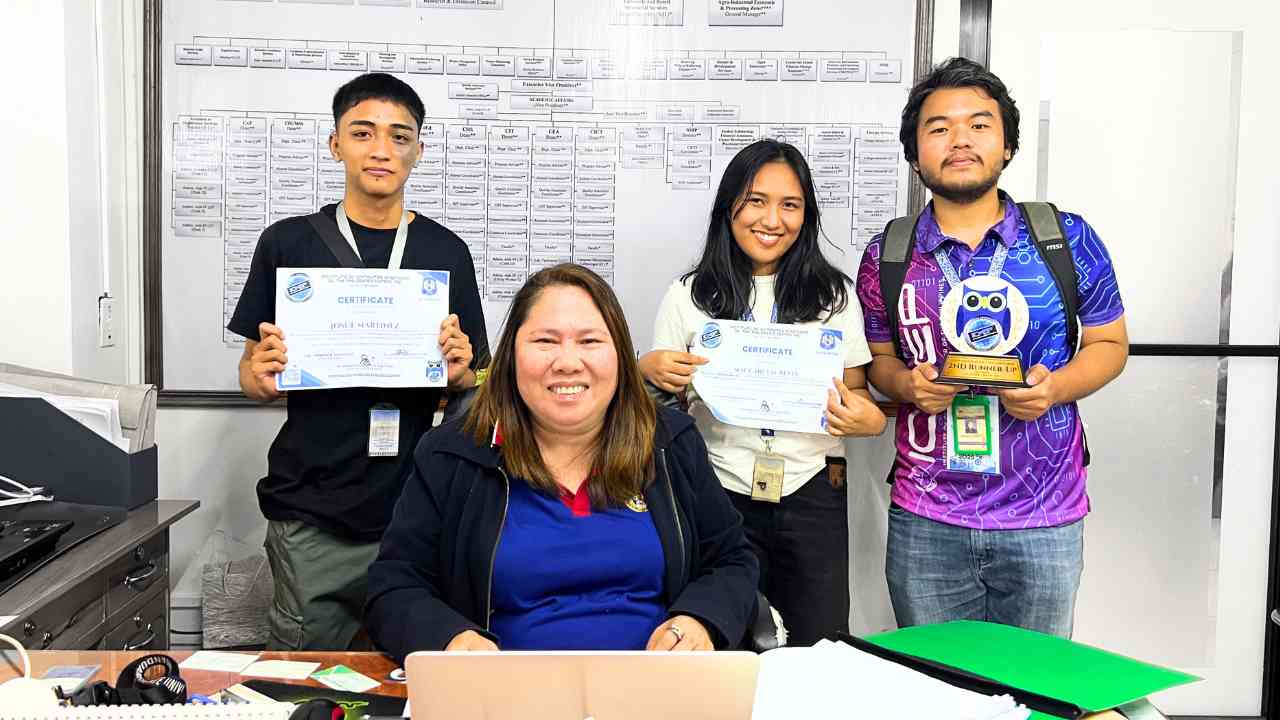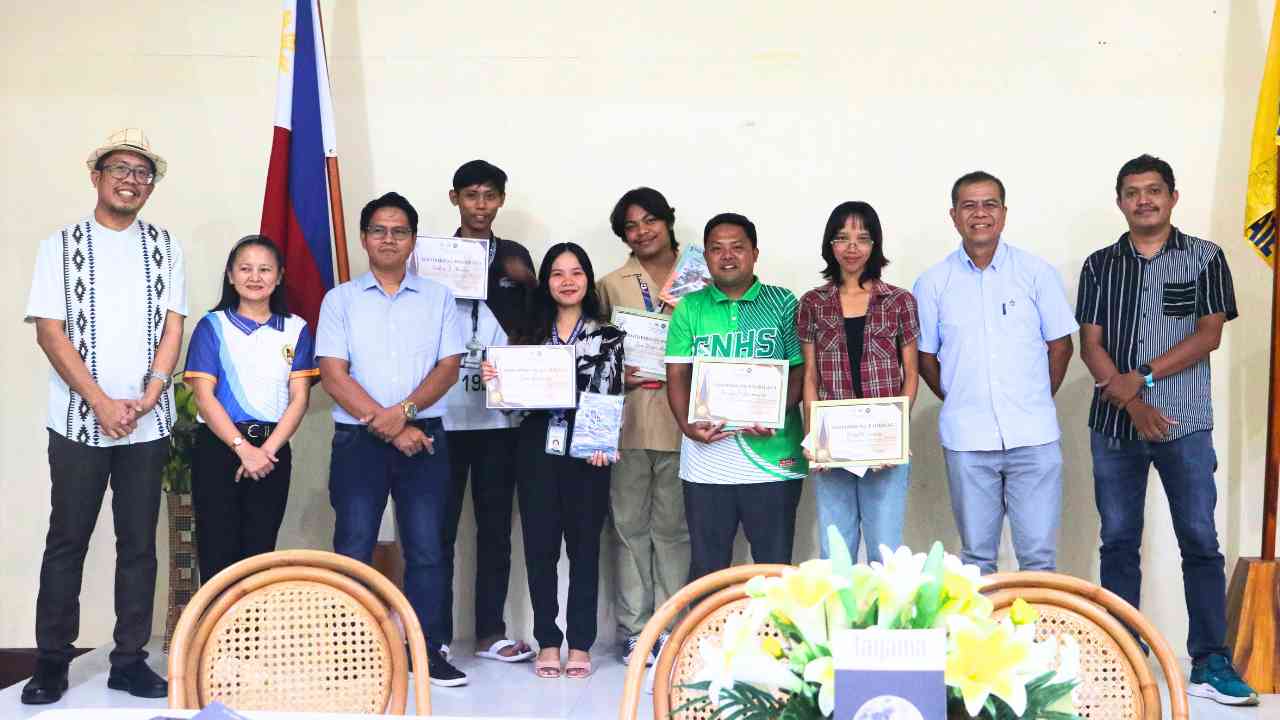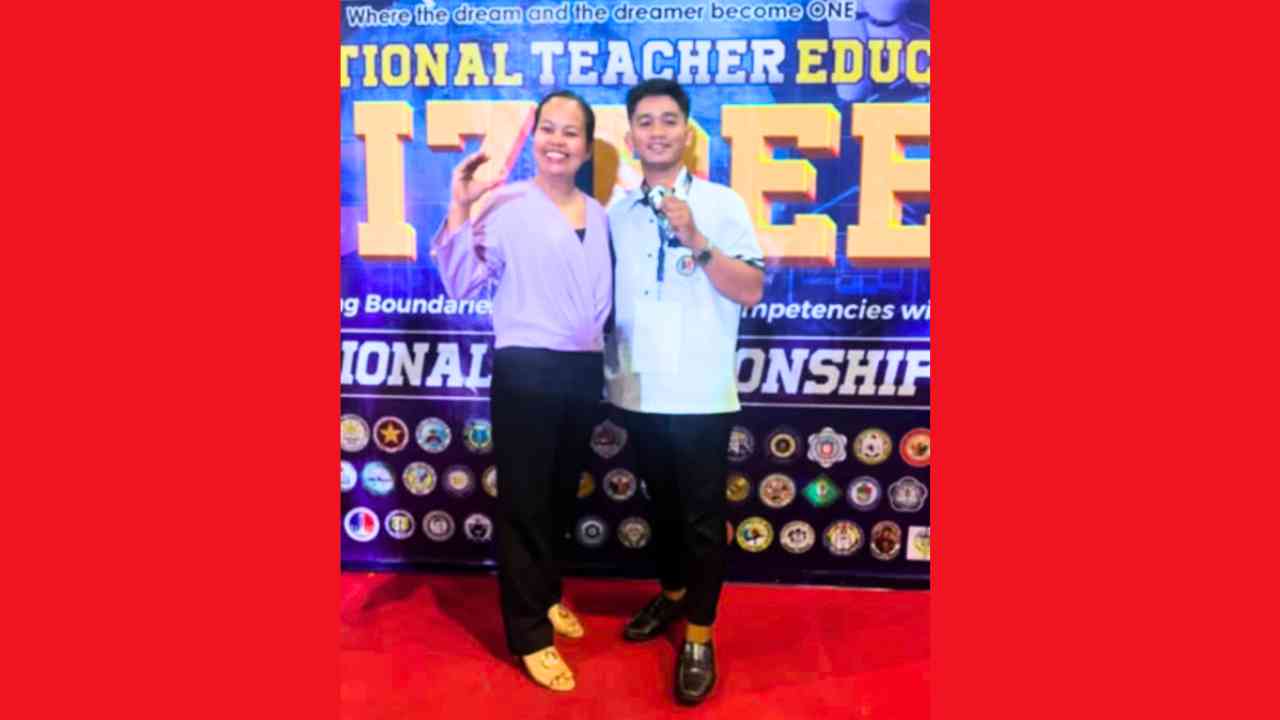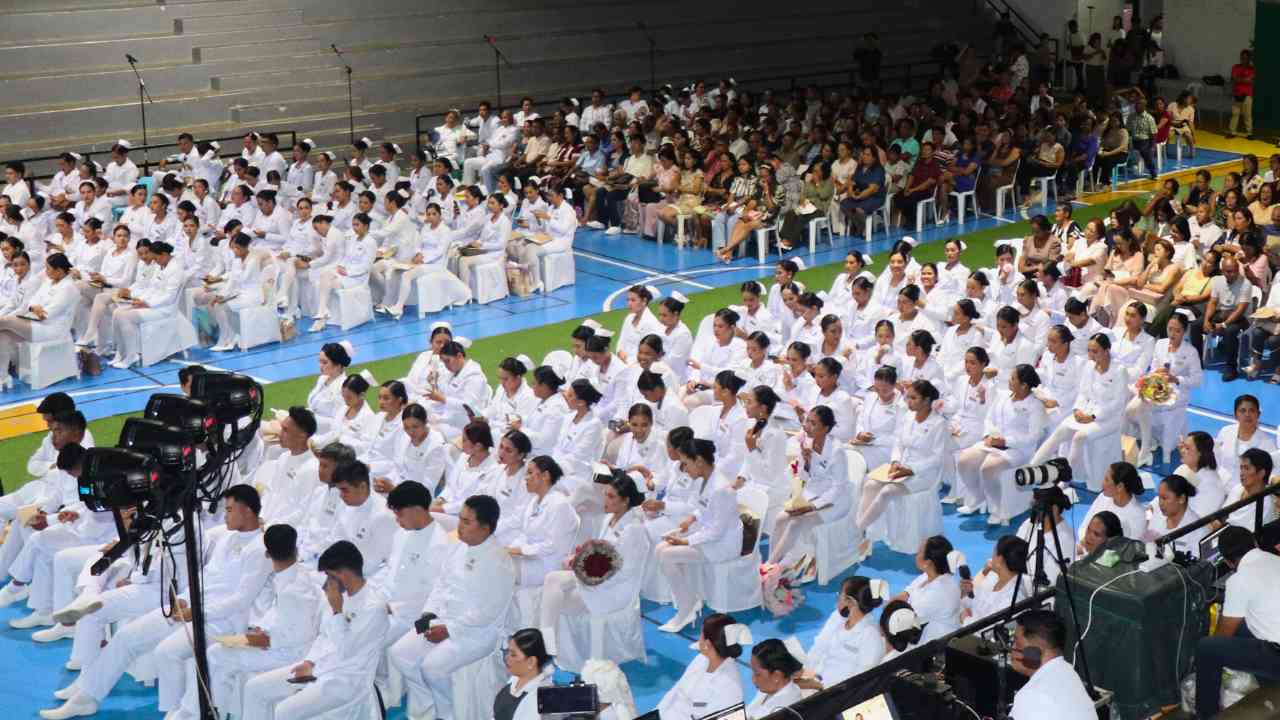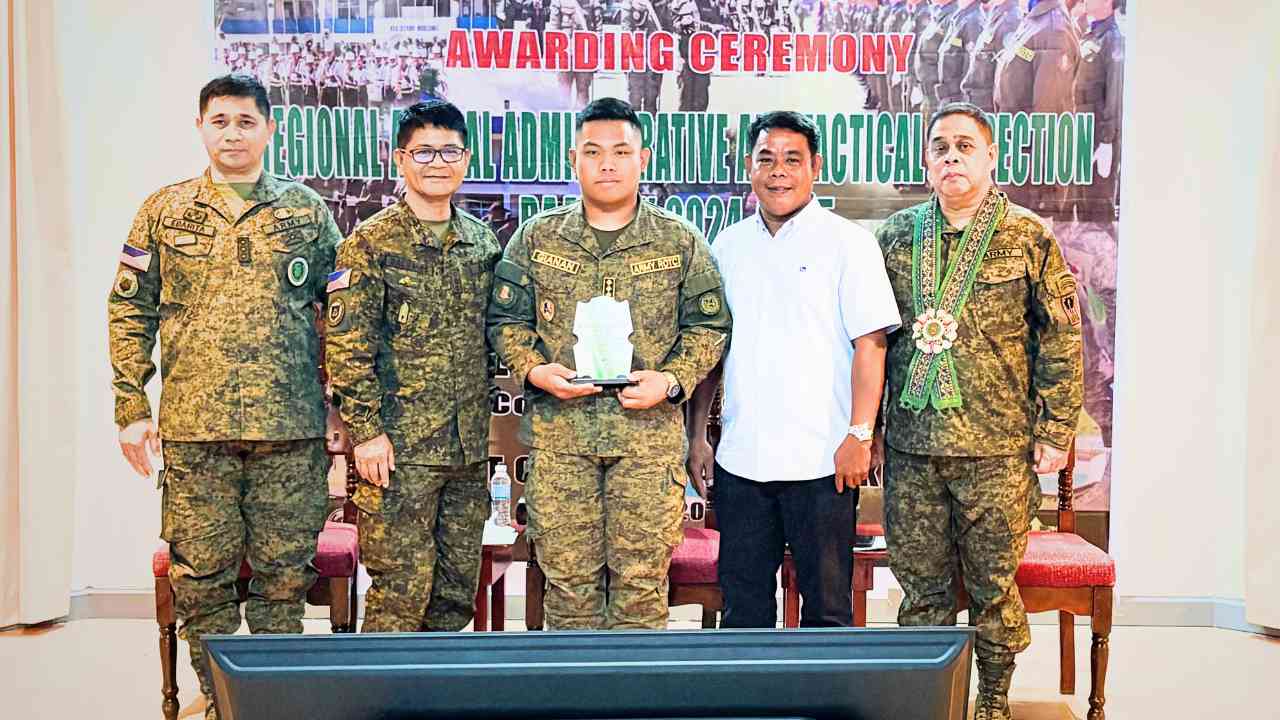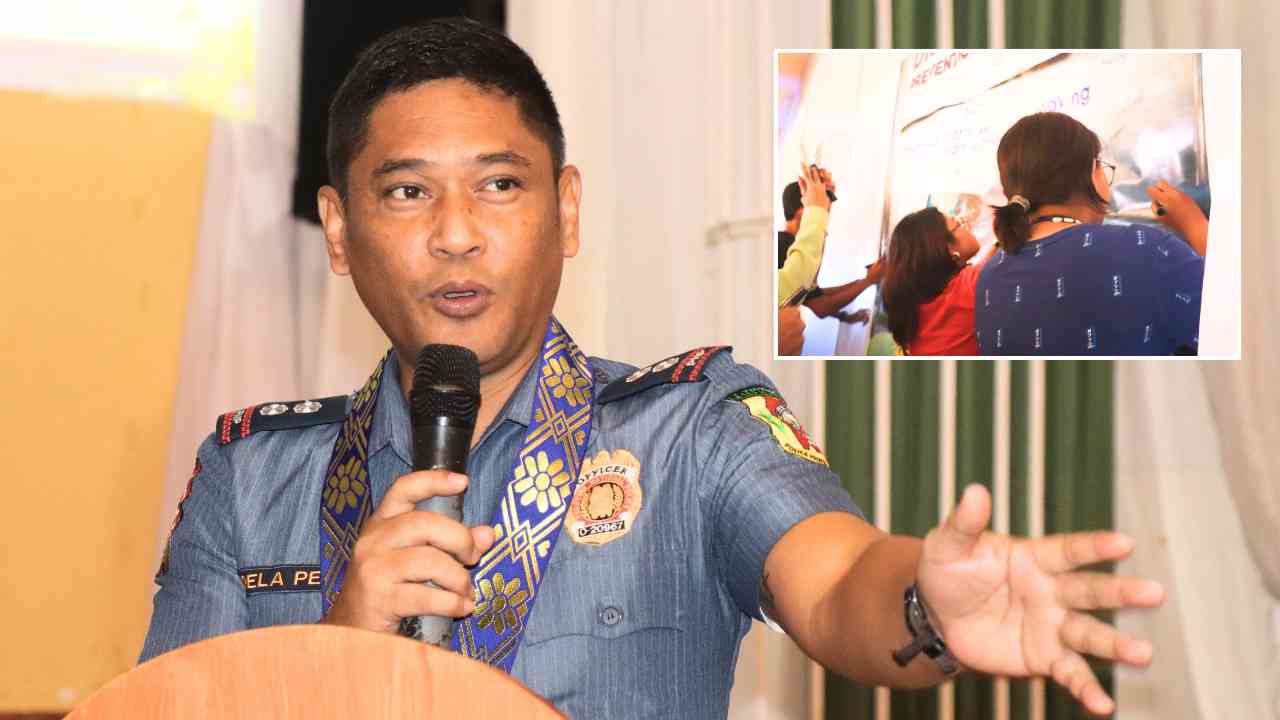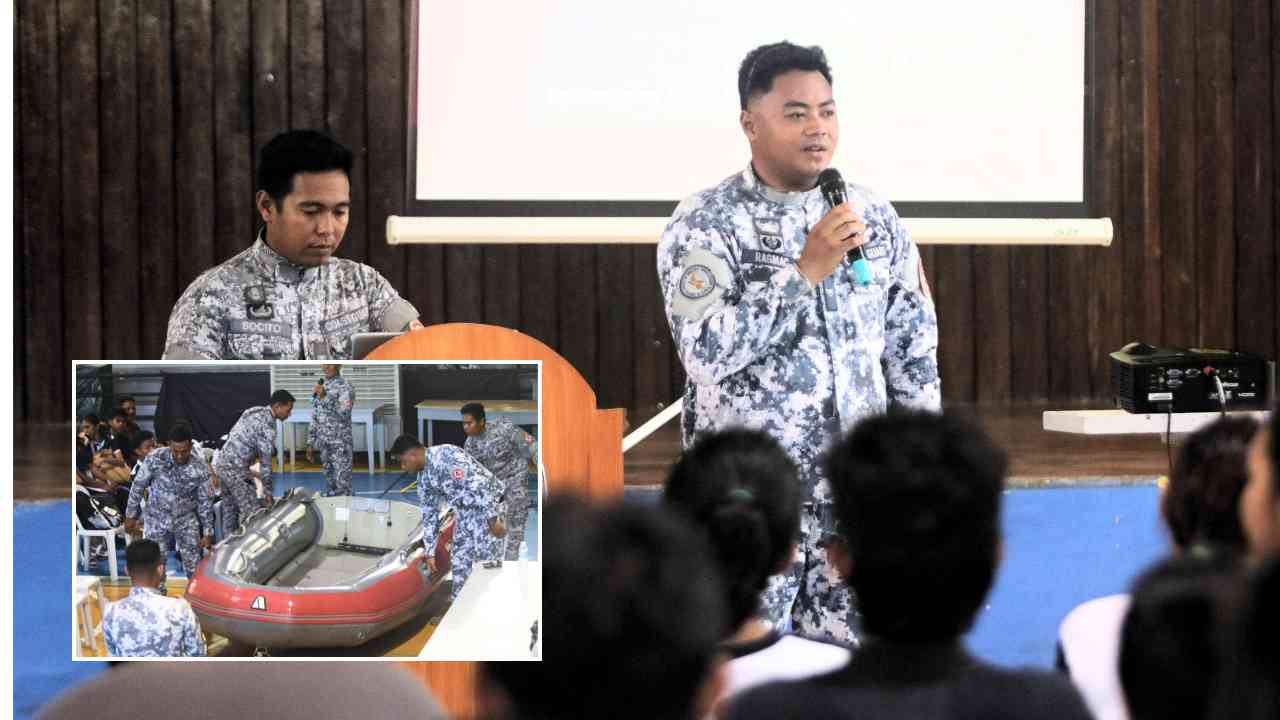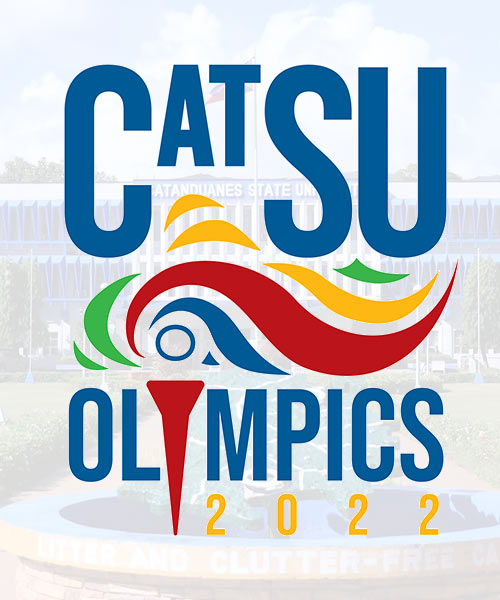KAWAT-SUANOY: 𝑲𝒆𝒆𝒑𝒊𝒏𝒈 𝒕𝒓𝒂𝒅𝒊𝒕𝒊𝒐𝒏𝒂𝒍 𝒈𝒂𝒎𝒆𝒔 𝒂𝒍𝒊𝒗𝒆 𝒊𝒏 𝑪𝒂𝒕𝒂𝒏𝒅𝒖𝒂𝒏𝒆𝒔
EDUCATION AND RESEARCH (ED)When asked about cultural
associations, most people would think of food, language, and clothing. In
Catanduanes, however, the Catandunganon people see culture as extending beyond
these aspects—even traditional games, often associated with children, hold a
significant place in their lives.
These games continue to be played
by Catandunganons today, passed down through generations. To help preserve this
cultural heritage, Mark Anthony Dalipe, a Physical Education faculty member
from the College of Education of the Catanduanes State University (CatSU),
conducted a study titled ‘Kawat-Suanoy: A Collection of Traditional Games in
Catanduanes Island, Philippines as Basis for the Development of Resource
Material.’
Dalipe’s research identified 46
traditional games invented and played by children in the ‘Happy Island’, such
as Taya-tayaan, Tumba-lata, Tubig-tubigan, Simpanan, and Bingkay. These games
have long built friendships, teamwork, and camaraderie among players.
"Inspired by my childhood
experiences playing these games, I believe it’s essential to recognize and
revive the community bonds and cultural identity these games bring, and to
ensure they are passed down to future generations," Dalipe shared.
Dalipe hopes to introduce his
findings into educational settings and promote traditional games as a unique
tourism feature for Catanduanes. He plans to develop a primer for distribution
to both public and private educational institutions and cultural organizations,
encouraging them to teach and incorporate these games.
This initiative aligns with the
goals of the Philippine Indigenous Games Preservation Bill, endorsed by the
House Committees on Youth and Sports Development and Appropriations in 2023.
When passed into law, the bill would task the Philippine Sports Commission, the
Philippine Olympic Committee, the National Commission on Indigenous Peoples,
and local government units with organizing annual regional and national
indigenous sports events, including the Palarong Pambansa.
The bill also proposes
integrating traditional games into school curricula and activities—a vision
consistent with Dalipe’s plan. “This is to preserve the rich cultural heritage
of Filipino indigenous peoples and promote the significance of traditional
games in uplifting the well-being of Filipinos, especially the youth,” the
measure read.
In addition, the COEd faculty’s
study was named during the 2024 Search for Uswag Award as Best Research Paper
in Non-Science and Technology category, and also won other awards such as Best
Publishable Paper and Best in Scientific Poster.
Through Dalipe’s research findings
and the backing of the bill, the cultural heritage of traditional games would
gain recognition alongside food, language, clothing, and music, adding another
layer to the diverse culture of provinces across the country like Catanduanes.

